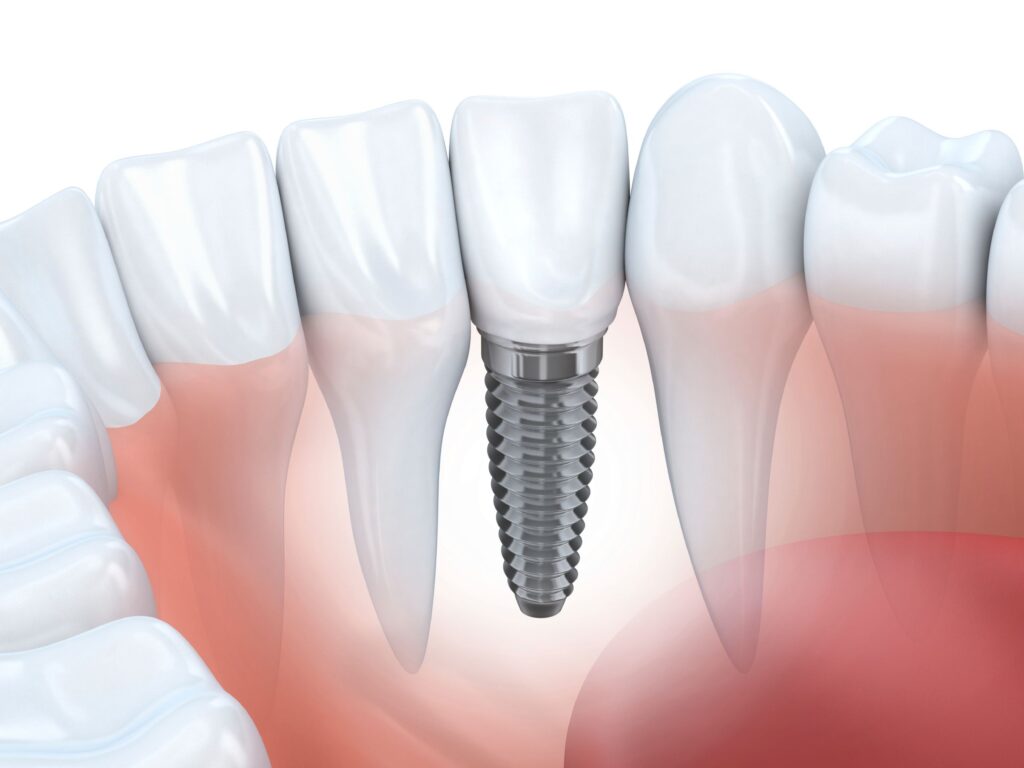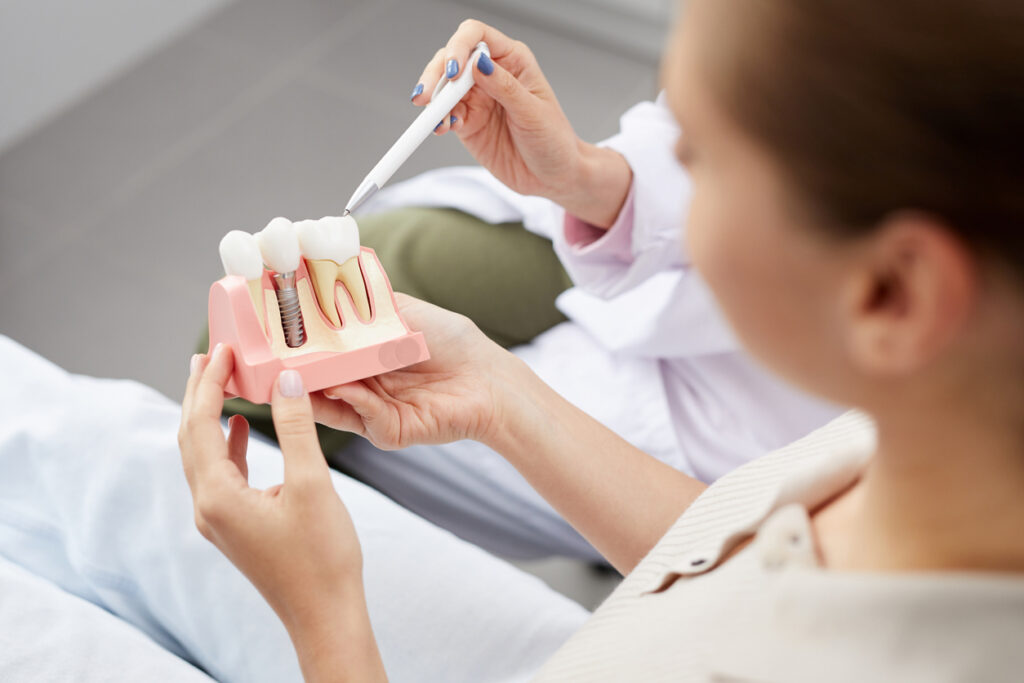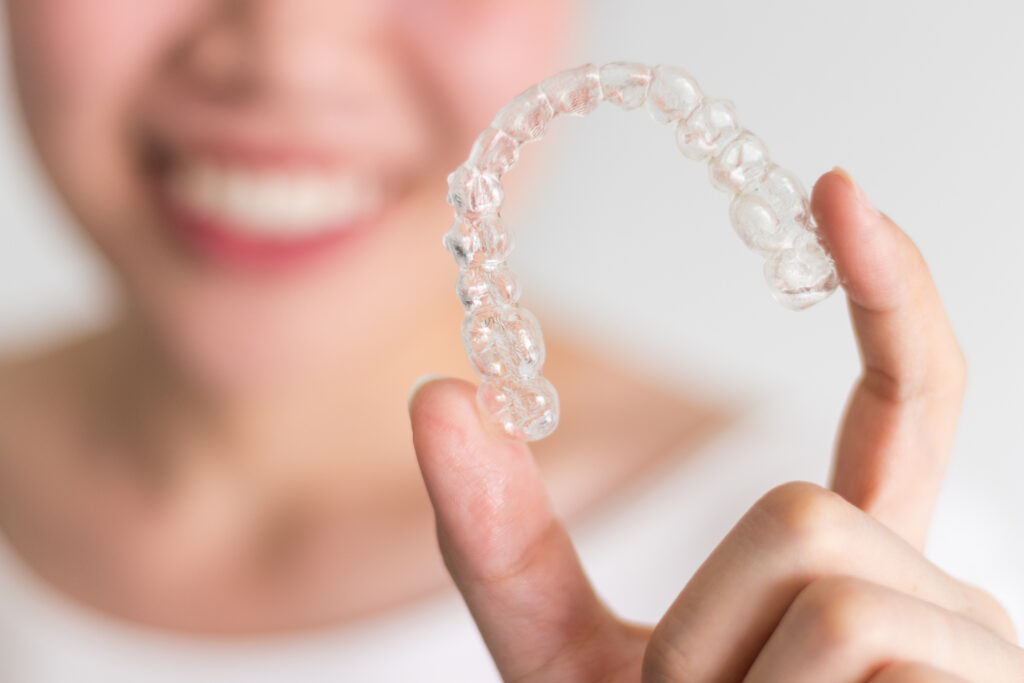
Veneer Smile Makeover with Kane Lim from Bling Empire
Veneer Smile Makeover with Kane Lim from Bling Empire

Dental implants have become the gold standard for tooth replacement since being introduced to dentistry in the early 1980s due to how versatile and predictable they are. Dental implants are made of titanium, one of the most bio-compatible materials on the market, which means even if you have a metal allergy you are still likely to be an excellent candidate for implants.
The implant is designed to function as the root of a tooth, meaning it is surgically placed entirely in the jaw bone to mimic the root of a natural tooth. The top portion of the implant can be a single tooth, a part of a bridge helping to replace multiple teeth, or a component designed to support a denture or partial denture.

Sign up for our newsletter so you never miss our latest blog post.

Veneer Smile Makeover with Kane Lim from Bling Empire

Veneer Smile Makeover with Cherie Chan from Bling Empire

Invisalign: An Adult Answer To Straightening Teeth Orthodontic treatment is often thought of as something only children and teenagers need, but the reality is that